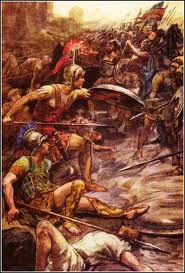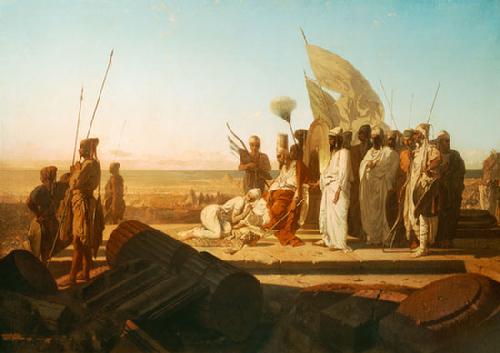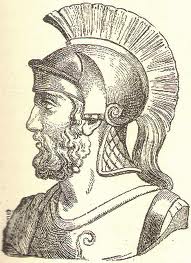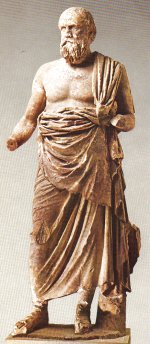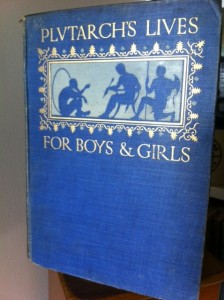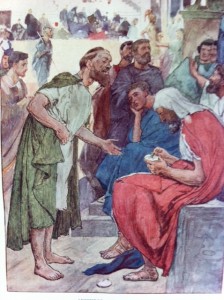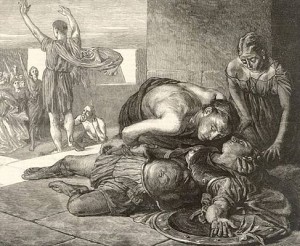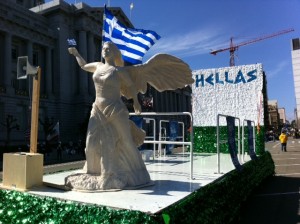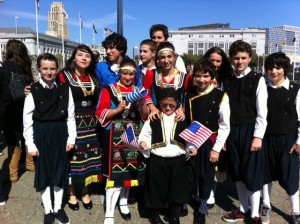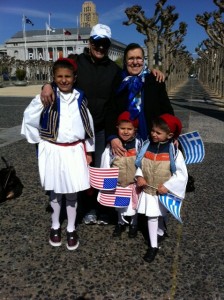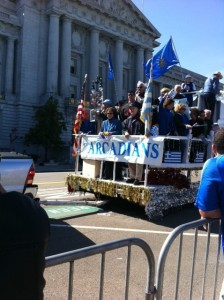Click here for direct link to audio podcast Episode #38.

Click here for previous episodes.
Migration and movements of peoples has been a constant ever since Australopithecus set up camp in a more advantageous spot one day four million years ago. This photo by Christian Sinibaldi, posted on the Guardian U.K. website, shows the boat graveyard on the Italian island of Lampedusa, where North African migrants abandon their vessels on their flight to more advantageous spots in Europe. In my constant quest to see the ancient world in our everyday modern lives, I encourage you to consider the current explosive uprisings throughout North Africa & the Middle East as an overlay onto your understanding of the events that precipitated the Greek Dark Ages.
Award ceremony and podcast and taxes, oh my! An overwhelming number of factors contributed to my missing our last podcast. Hope you can forgive me! To make up for it, in today’s podcast I am trotting out a new theory on the destruction of Mycenaean civilization. Michael Shanks and Gary Devore, archaeology professors at Stanford University, discussed their own theory in last week’s Archaeology of Greece class.
For many years now I have been on the children’s book committee for the Northern California Book Awards. Each year for the past 30 years, committees have gathered together from October to April to review the year’s published books from Northern California’s authors. There are dozens and dozens of books to read for each category: fiction, general non-fiction, creative non-fiction, poetry, children’s literature, and translation for poetry & fiction. In the spring I do NCBA work and in the fall I do work for Litquake, the annual literary festival in San Francisco. I am honored to be a part of these organizations and my volunteer work is one of the many ways I contribute my creative energy to the Bay Area writer’s community. As I was writing this, we had a little earthquake! Felt like a truck hit the building. It disturbed the cats (including Achilles, my tuxedo warrior) and we all fled to different parts of the house! And today is the anniversary of the 1906 San Francisco earthquake! Yet another ancient world connection: ancient earthquakes. Think Crete, Delphi, Sicily, and Alexandria, to name a few.
